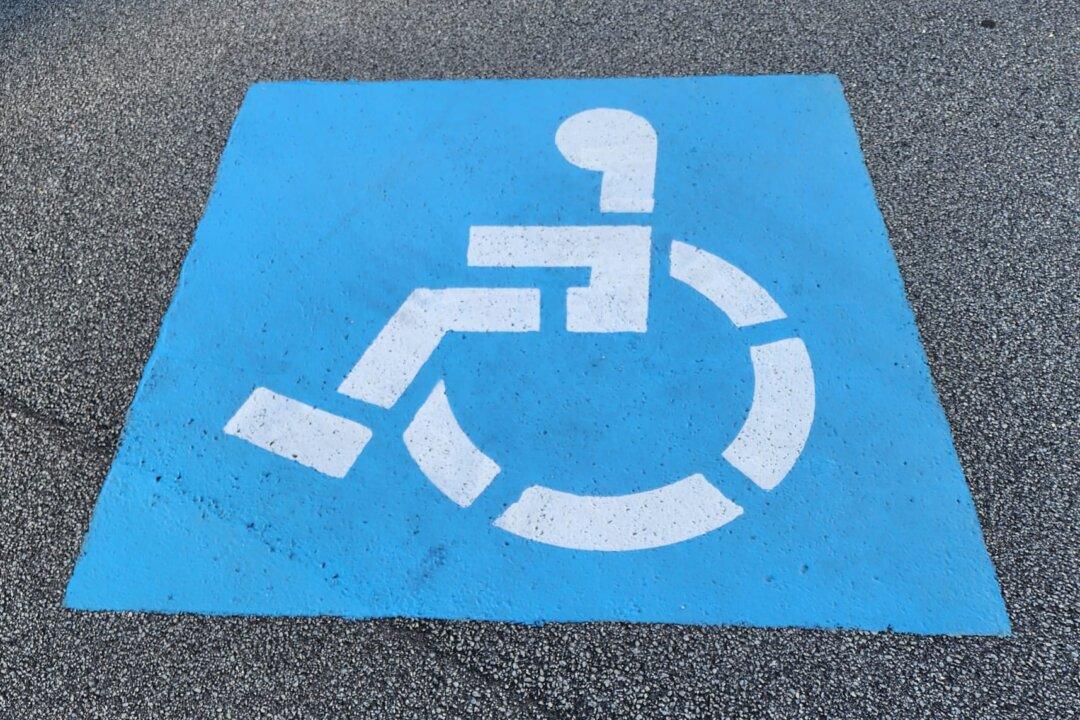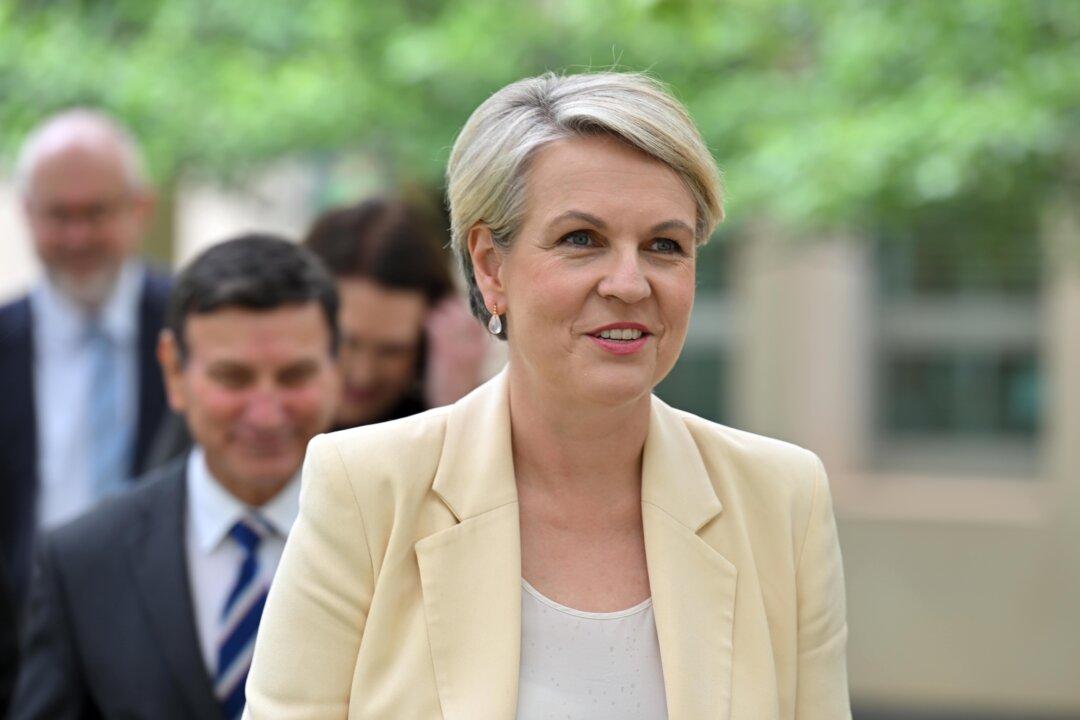The Senate has finally passed long-awaited reforms to the National Disability Insurance Scheme (NDIS) after a week of debate in Parliament.
The changes are aimed at curbing the spiralling cost of the NDIS, which is predicted to cost the taxpayer $50 billion by 2025-2026.





